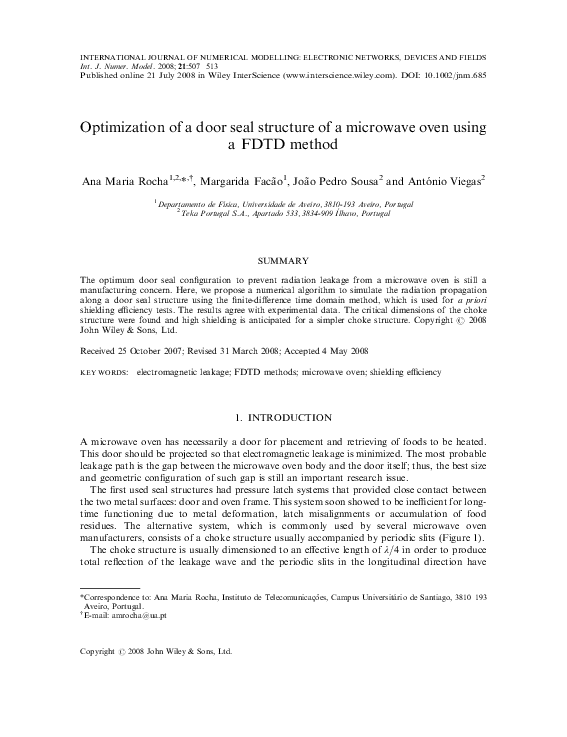


Considering that, in the area of time-dependent EM problems, perhaps the most popular simulation method is the finite-difference time-domain (FDTD) algorithm, we decided to turn our attention to stochastic methods that rely on, or are combined with, the FDTD approach. Evidently, the pertinent research area is quite vast, and a complete review of all available techniques in the context of a single work is quite difficult, if not impossible. The scope of this review paper is to examine some of the available solutions, in the context of computational electromagnetics, providing information for both standard and more modern approaches.

Scientists and engineers have realized the significance of being able to reliably describe a system’s or problem’s variability and have proposed a number of different treatments for such cases. This lack of knowledge apparently induces a degree of randomness in the output quantities, which in many cases can be extremely important. Even though it is a rather common approach to treat EM problems as completely deterministic (and several reliable time- and frequency-domain computational algorithms have been developed for their solution), there exist several instances where one or more parameters/features/aspects of an EM problem cannot be strictly determined. In the context of electromagnetic (EM) problems, randomness may appear in several forms, affecting, for example, geometric features, electric parameters, and input sources. Uncertainty quantification commonly emerges as a significant and multiaspect issue in numerous engineering and other scientific disciplines. Given the numerous available approaches, the purpose of this paper is to clarify the main strengths and weaknesses of the described methodologies and help the potential readers to safely select the most suitable approach for their problem under consideration. As it will become apparent, several alternatives capable of performing uncertainty quantification in a variety of cases exist, each one exhibiting different qualities and ranges of applicability, which we intend to point out here. We provide a review of selected computational methodologies that are based on the deterministic finite-difference time-domain algorithm and are suitable for the investigation of electromagnetic problems involving uncertainties.


 0 kommentar(er)
0 kommentar(er)
